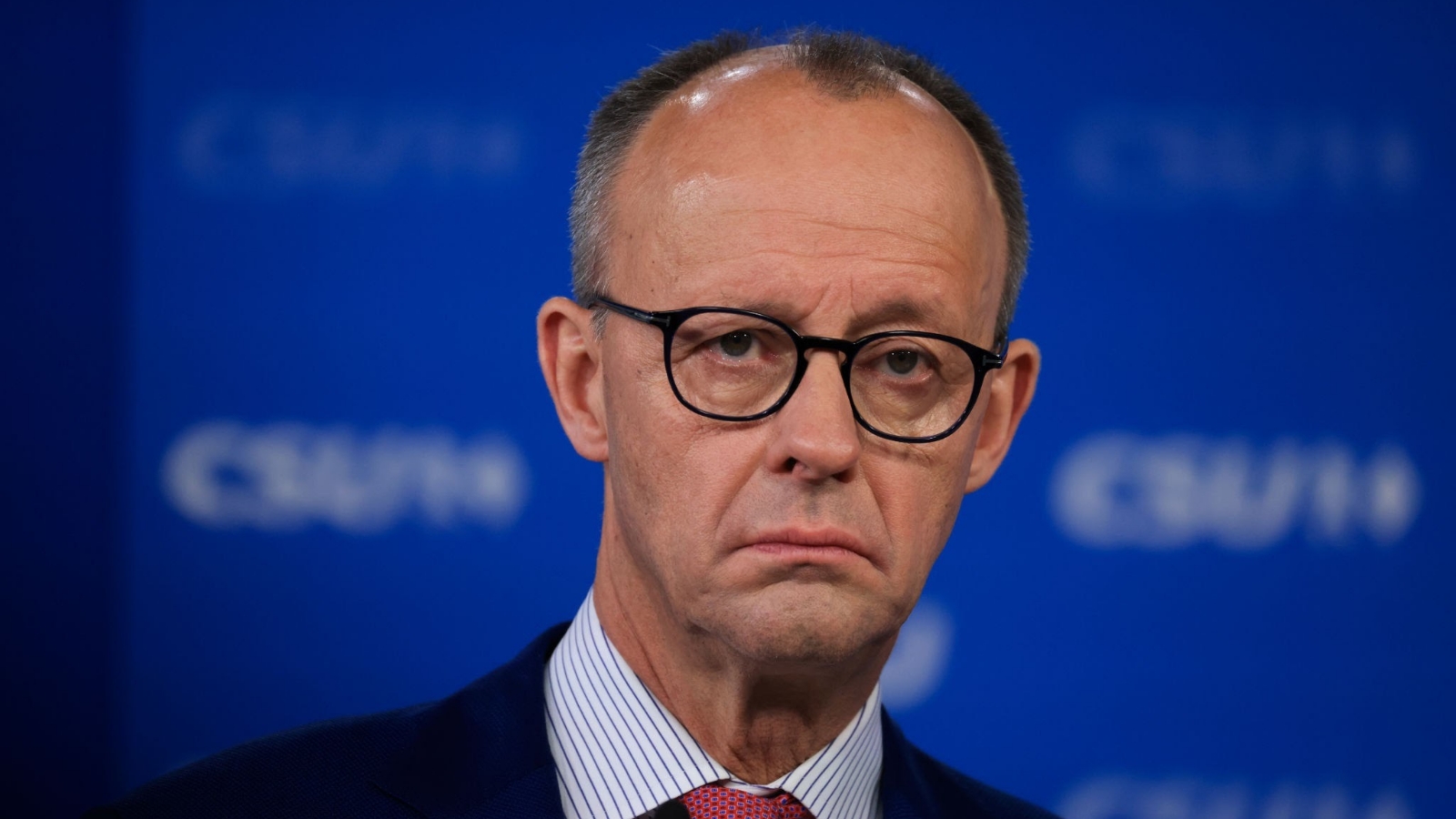Conservative leader Friedrich Merz’s CDU/CSU bloc maintains a significant lead in the polls, positioning him as the front-runner in Germany’s upcoming federal election.
As Germany approaches its snap federal election on February 23, 2025, Friedrich Merz, leader of the conservative Christian Democratic Union (CDU), is solidifying his position as the leading candidate for chancellor. Recent YouGov polls indicate that the CDU/CSU bloc commands 28% of voter support, maintaining a substantial lead over Chancellor Olaf Scholz’s Social Democratic Party (SPD), which stands at 19%. The far-right Alternative for Germany (AfD) also holds 19%, reflecting a competitive race for second place.
Merz has strategically distanced himself from former Chancellor Angela Merkel’s legacy, particularly on migration policies. At a recent campaign rally in Flensburg, he countered Merkel’s 2015 “We can do this!” stance during the refugee crisis by asserting, “We can’t do this!” This approach aims to recapture conservative voters who have gravitated towards the AfD, which has been polling strongly in several regions.
In the international arena, Merz has engaged with key global leaders, including a meeting with Ukrainian President Volodymyr Zelenskiy. The discussions focused on advancing peace in Ukraine and addressing global challenges, underscoring Merz’s proactive foreign policy stance ahead of the elections.
Despite the CDU/CSU’s lead, forming a government will necessitate coalition partnerships. Merz has categorically ruled out any collaboration with the AfD, emphasizing his commitment to centrist alliances. He has yet to indicate a preference between potential partners, stating, “I don’t think about future coalition categories. My focus is now on February 23rd only, and we have to win a relatively strong majority.”
Germany’s economic landscape presents additional challenges for the incoming government. The nation has experienced its second consecutive year of economic contraction, with a 0.2% decline in 2024 following a 0.3% drop in 2023. Factors contributing to this downturn include high energy costs, increased competition, and an uncertain economic outlook. Merz has criticized current climate policies, advocating for a focus on economic revitalization over environmental initiatives.
As the election date approaches, Merz’s campaign continues to navigate the complexities of domestic policy, international relations, and economic recovery, all while striving to consolidate conservative support and address the rising influence of far-right politics in Germany.











